Seven Days to Noon - A 'Must See' Movie
If, like me, you generally associate the Boulting Brothers with classic 'Ealing Comedy' styled films like 'I'm Alright Jack' and 'Carlton Browne of the F.O.' then the soon to be released batch of films may come as something of a surprise. Optimum are releasing three of the British brothers more serious works this month - 'Seven Days to Noon', 'Suspect' and 'Run for the Sun'.
The first of these, chronologically speaking, is the 1950 classic 'Seven Days to Noon'. I've no idea how a film this good could have fallen below my radar until now. Despite bagging an Oscar for the screenplay, this has been rarely shown on TV (the last showing was sometime in the early nineties) and has, until now, not had an official release on DVD. It's an absolute corker of a movie - fast paced, imaginatively directed, and absolutely riveting. It's also a treat for British film buffs who will love all the wonderful late 1940s' footage of London, as well as the parade of un-credited cameo stalwarts like Sam Kydd, Joss Ackland, and Henry McGee.
The title of the film has barely faded before the film lifts off; no time for context building here - as soon as the starting pistol has sounded we're off! The film starts with a Scotland Yard police inspector reviewing a letter from a leading atomic scientist, Professor Willingdon (played remarkably straight by the superbly cast Barry Jones) addressed to the Prime Minister, threatening to let off a bomb in London unless the Government promises to stop its research into weapons of mass destruction. In his ultimatum, he gives just seven days before he will carry out his intended threat - which will see London wiped off the map in order to prevent further global catastrophes.
Research shows that the 'mad professor' has absconded with a 'UR-12' atomic bomb held in a hold-all.So Superintendent Folland (Andre Morrell) starts a serious and fast moving investigation as the seven days of the title are counted down -one by one.
A colleague of Willingdon, Stephen Lane (Hugh Cross) is also the boyfriend of Willingdon's daughter and he soon finds himself being swept up in the investigation, acting as Superintendant Folland's sidekick.
Early investigation reveals that all was not well with the professor. Even his close friend, the local vicar comments: "He asked me a question last night which I found very difficult to answer. He said 'What would you do if you were convinced the results of your life's work were being put to an evil purpose?'"
Research into the missing professor's papers reveal that he was on the verge of breakdown, with strange religious epitaphs scribbled over much of the work with dark black pen.
The film becomes even more fascinating as it tracks the professor's movements across London as he evades detection.
The first big break comes when a chain-smoking landlady rings the police because she suspects that her new lodger is none other than the 'Landlady Killer' that we have seen on headlines of papers - though it's never clear if the story was a real one or whether this was a ruse by police to initiate calls. The previous night, her new guest paced the length and breadth of the room above hers in a sequence reminiscent of Hitchcock, where the creaking boards above did all the talking.
When the professor returns to his digs he sees police about to call, and so makes his way to another part of London. Here he ends up befriending a struggling middle-aged actress past her prime, who lets him stay with her.Later in the film, London is evacuated and Goldie, the middle-aged actress becomes Willingdon's hostage. It is in conversation with her that we get the only real insight into Willingdon's motives. She asks him "Why do you want to start this science lark in the first place?" to which his response is: "When I was young I saw in science a way of serving God and my fellow men. I wanted to serve. Now I see my life's work used only for destruction. The dream has become a nightmare."
(A similar theme is picked up some ten years later in another Boulting Brothers picture, 'Suspect' - also reviewed on this site).
As noon of the final day approaches, his daughter plays a vital role when Willingdon is found kneeling inside a church. The ending may appear to be something of an anti-climax but this does little to undermine what is an entertaining and thoroughly thought-provoking movie. The scenes of a man loose on the tubes of London with a bomb in a bag will have an even more sinister resonance for viewers today.
The transfer here is really superb and is delivered in its original aspect ratio. There are very little signs of wear and the monochrome is satisfyingly high contrast with rich blacks - unlike the simultaneously released 'Suspect'.
Despite being a tremendously diverting movie, and a thoroughly enjoyable one, it remains highly thought-provoking too. There is something thrilling about seeing London in such close-up detail just a few years after its near destruction in the Blitz. The entire evacuation sequence (which takes up about one third of the film) is so realistically rendered as to feel almost documentary-like and there is something of the 'blitz-spirit' still alive throughout. I can't help wondering how the discomfort of such an evacuation would be received by today's Londoners. Would they still rally in the way they once did? I would like to think they would.
Whatever the philosophical waxing that this film may inspire, it is thoroughly recommended. Go out and buy it immediately!
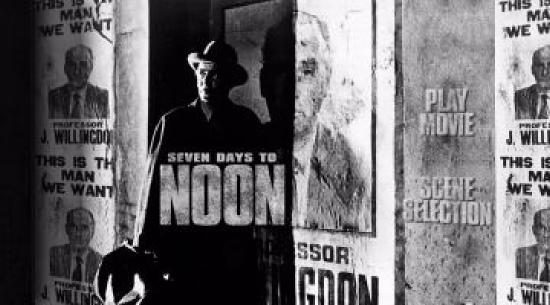
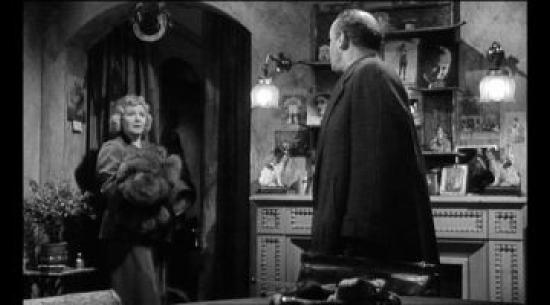
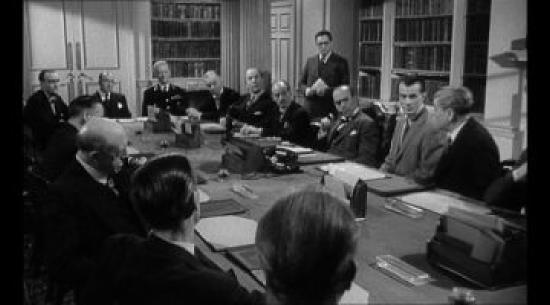
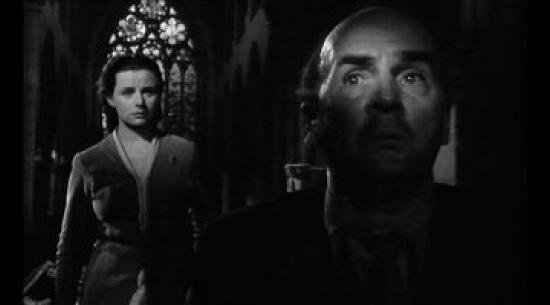
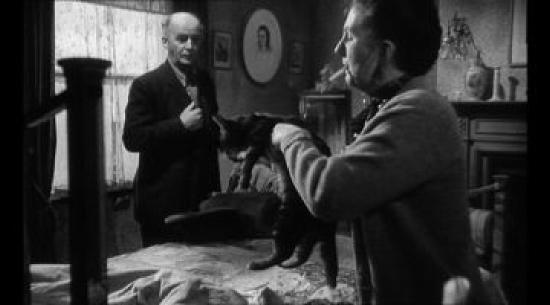
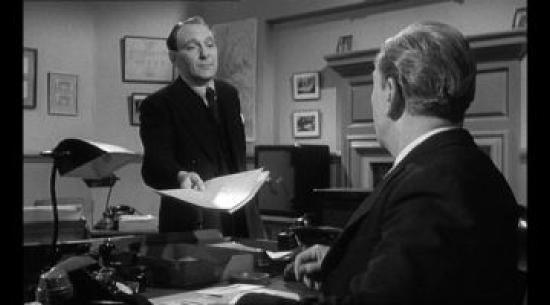
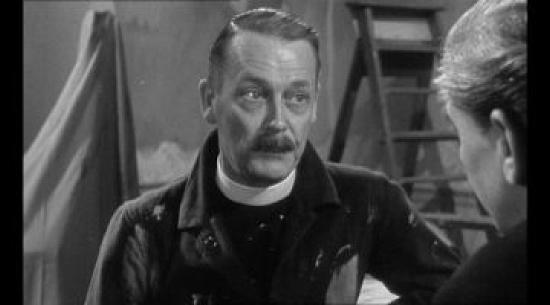
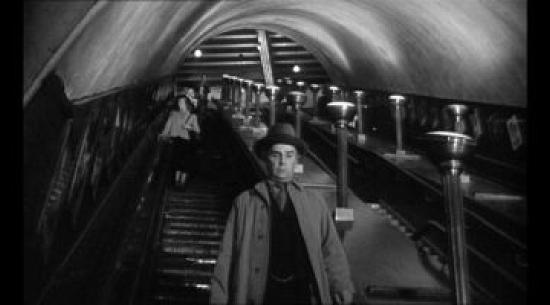
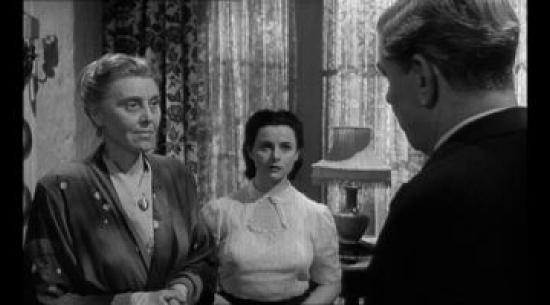
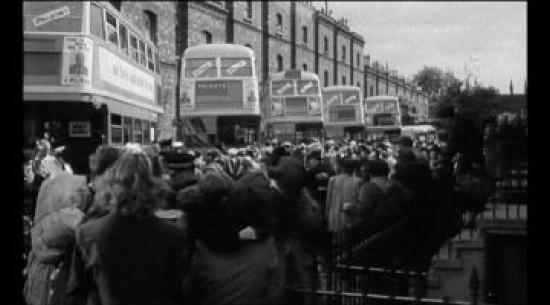
Your Opinions and Comments
Be the first to post a comment!